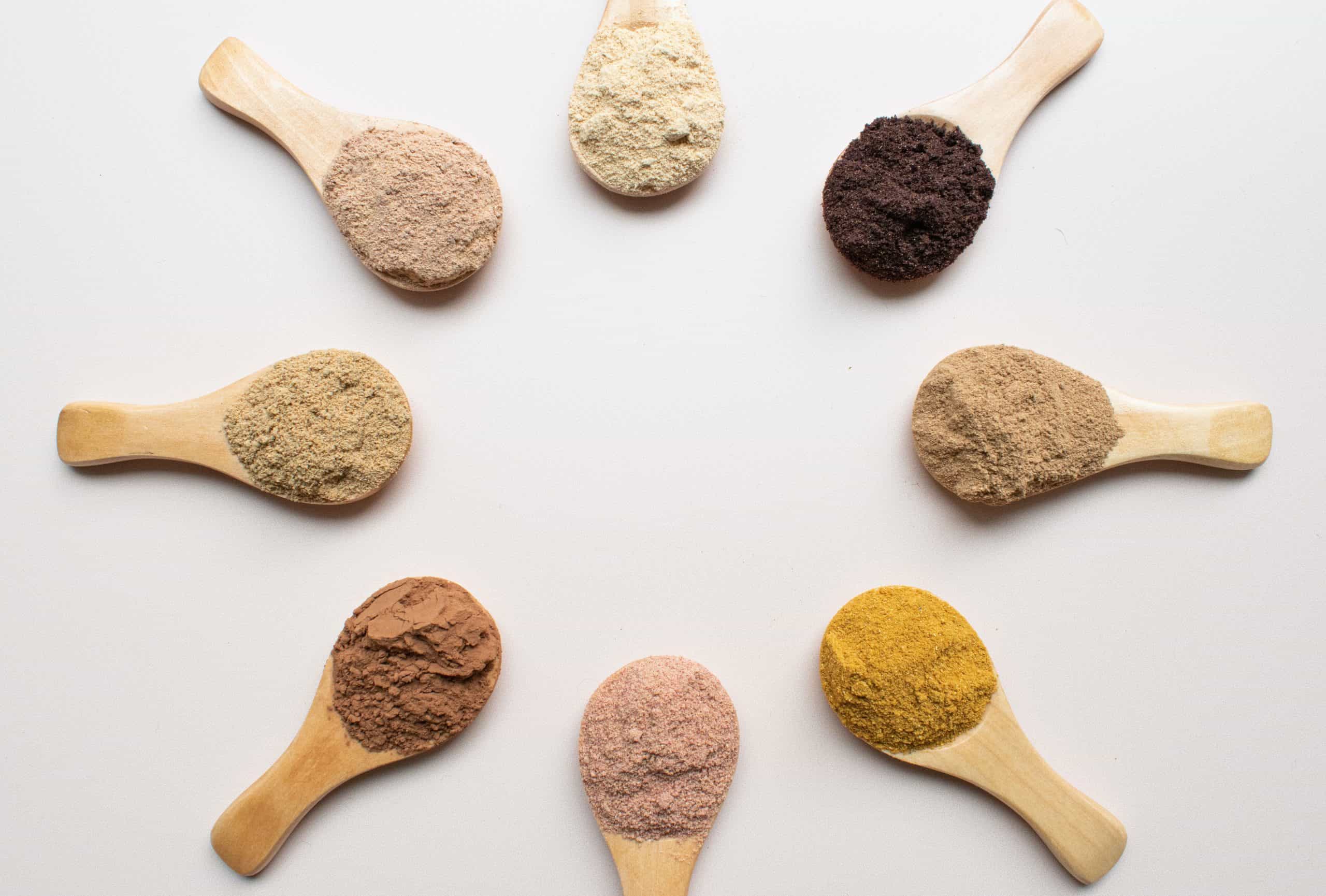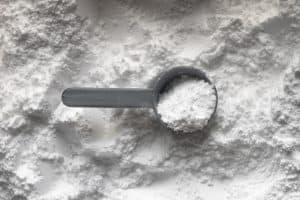No products in the cart.
Return To ShopThe Power of Plant-Based Protein Powders: Discover the Benefits and Meet Your Nutritional Needs
Proteins are frequently referred to as the “building blocks” of organisms. The amino acids they are composed of are disassembled and reassembled in myriad crucial ways by our bodies to control our functions and give us power.
Humans require around 22 amino acids, most of which may be synthesised internally; nevertheless, only 9 are considered “essential”. These amino acids are required for proper bodily function and can only be obtained through diet.
The risk of developing chronic diseases including heart disease, diabetes, and some malignancies may be reduced by substituting animal-based protein sources for plant-based ones, according to studies. Antioxidants, vitamins, and minerals are essential to good health, and you may get them in plenty from plant-based diets. Plant proteins contain fibre, which contributes to fullness and better digestive health. While more greenhouse gases are released during the manufacturing of animal-based proteins, this is not the case with plant-based proteins.
Protein intake should be around 45 grammes per day for women and 55 grammes per day for men. This is the amount of protein an average adult needs to keep nitrogen equilibrium in the body, and it comes out to about 0.75g per kg of body weight. Muscle breakdown and energy consumption for those with a negative nitrogen balance is common. It is well known that increased protein consumption is necessary for meeting the needs of exercise-induced muscle growth and repair.
The amount of protein an athlete needs to consume might differ greatly based on factors such as the sort of activity they participate in, their weight, the intensity and duration of their workouts, their age, and whether or not they are trying to lose or gain weight. You may require more protein if you go to the gym, run, or swim several times per week, but if you spend the rest of your time sitting at a desk or in the car, this is not likely to be a major factor. It is recommended that highly active people or athletes consume between 1.2 and 1.4 grammes of protein per kilogramme of body weight for endurance sports and between 1.2 and 1.7 grammes of protein per kilogramme of body weight for strength and power sports. These numbers frequently depend on the duration and intensity of exercise. New recommendations published in the International Journal of Sport Nutrition and Exercise Metabolism state that athletes who restrict their caloric intake to preserve as much muscle mass as possible should consume between 1.6 and 2.4 grammes of protein per kilogramme of body weight.
Miniscule tears in muscle fibres are caused by exercise and are healed by proteins. Thus, the process of mending these tissues ultimately contributes to the expansion and strengthening of muscle. Many people mistakenly believe that “more is better” when it comes to protein because of its alleged role in promoting muscle repair and growth. Muscles can only make use of so much of the available protein for protein synthesis (building and mending). The body has numerous additional uses for protein, so any extra won’t be wasted. To put too much emphasis on a single nutrient is not a good idea. If you overdo it on the protein, you might be missing out on the benefits of other nutrients found in plant foods like veggies and whole grains. Instead of cramming all your protein into one meal, try eating it throughout the day to promote muscle growth and repair.
After considering all of the above, Cutetonic provides eight distinct plant-based protein options. Both organic and traditional proteins are included in this set of high-quality options. Cutetonic is offering a 15% discount on all proteins to give you a chance to try out their delicious protein powders, which are packed with nutrients. Because of this, you should stock up on organic or conventional plant-based protein powders of superior quality to nourish your body and mind.





